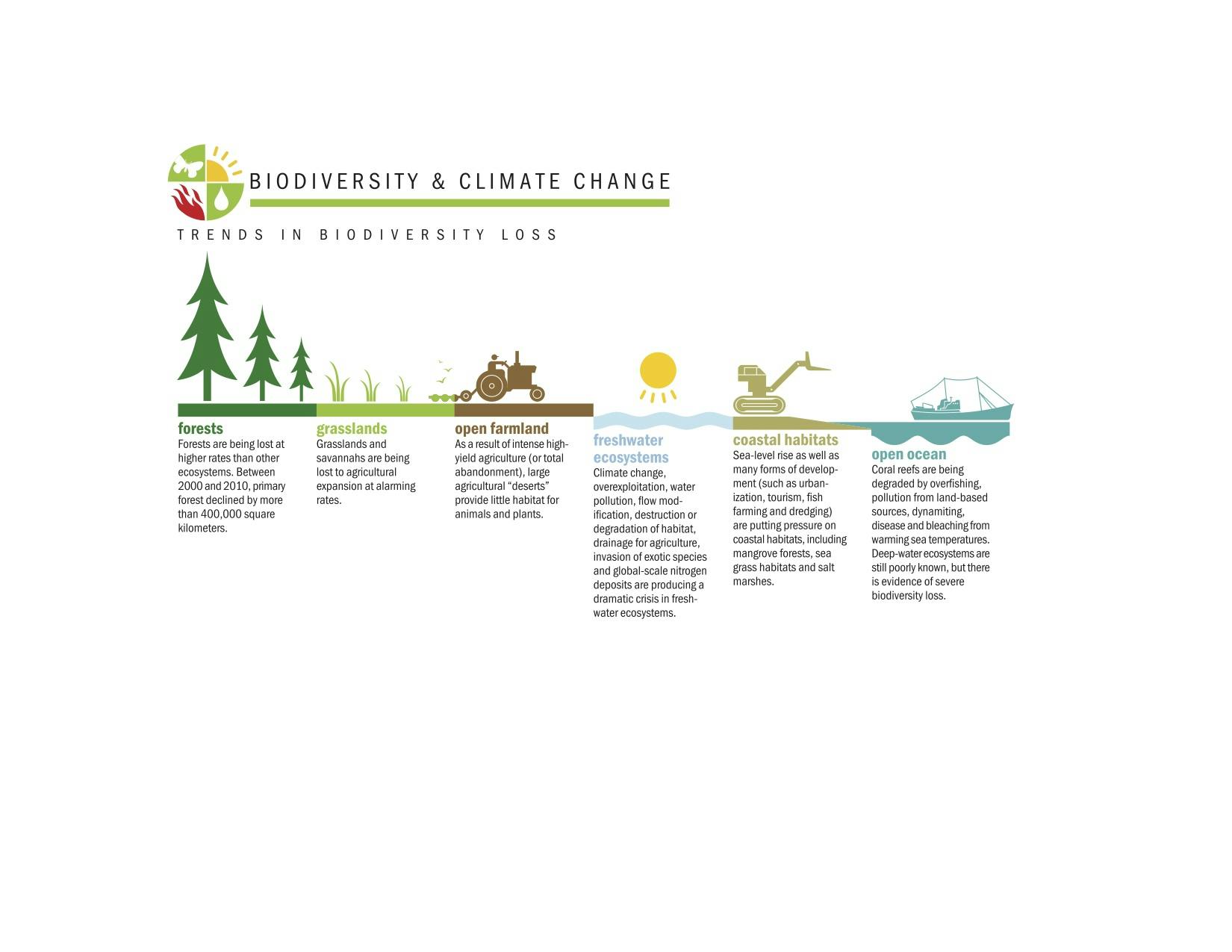- Authors
Update
I started a small blog / public notebook of all things sustainable / resilient at transientresilient.tumblr.com
As part of the Sustainability course on Coursera I'm currently taking, I had to write a forum post around population growth. It was inspired by an article about the dwindling richness of sound recordings in nature and tried to articulate some thoughts around incorporating nature conservation into the economy.
While human population might be internally sustainable, what about our lasting impact on nature?
Just read an article about Bernie Krause experiencing the shocking loss of biodiversity around the World through audio recordings of wildlife taken a few years apart at the same spots: https://www.theguardian.com/environment/2012/sep/03/bernie-krause-natural-world-recordings
It's crazy how little respect humanity as a whole has towards untouched nature... Maybe it's time for it to be calculated as part of GDP so that land left alone to nature would contribute to this "sacred index" which seems to be the only thing which matters in the industrialised world? I wonder what could rein in our relentless colonisation of Earth with our population still set to rise at least for the next few decades.
Unfortunately the UN can't force any country to do things differently than its often short-sighted politicians decide under the intoxicating lure of lobby money, maybe the best hope for a source of change could be regional supranational entities like the EU? The pollution / renewable energy generation targets mandated on the EU level are the only thing which I can see that is shaking the political elite into the barest minimum of action here in the UK. While the wealth generated here in London is just staggering, the city fails to meet basic air quality standards already pushed back from a few years ago after repeatedly failing to meet them.
I'm from Hungary in Eastern Europe originally, and having moved to the UK I'm really sad to see as I travel in the countryside here that the industrial revolution left precious little wild nature on this island. Maybe it's actually a boon that Eastern Europe wasn't caught up in such a crazy rate of "development" that the really important things are ignored and sacrificed on the altar of "progress". Maybe it's because of the agrarian heritage which inevitably comes with a level of respect towards nature?
In the end I guess my main question is: how could it be possible to include nature as part of the wealth of a nation so that capitalism takes notice?
It also made me want to grab my sound recorder and go out to capture sounds of nature, maybe even juxtaposed with recordings from the city.
Update: Oh, just after writing this post I found an article which is just about how to value nature as wealth: https://www.guardian.co.uk/environment/2012/sep/03/ecuador-yasuni-conservation
While it starts off really promising...
Just as the species must innovate to survive, Yasuni has inspired the planet's most creative and ambitious approach to biodiversity conservation, social development and climate change. Ecuador – which is also home to the Galapagos Islands – is the only country in the world to have recognised the rights of nature in its constitution. After the discovery of a $7.2bn oil reserve inside a pristine corner of the Yasuni national park, the government has proposed leaving the fossil fuel in the ground if the international community will give them half that amount.
...and mentions some interesting numbers and findings...
The UNEP estimates that 40% of the global economy is based on biological products and processes. Biodiversity loss, it says, is becoming a greater concern for businesses than international terrorism.
...apparently the biggest culprits don't really care anyway:
But what has happened since has been the opposite: because the US, UK and others can consume the assets generated by the amazon jungle for free, they have committed absolutely nothing. The Yasuni ITT initiative has raised a lot less than expected.
The sliver of hope though is that while governments don't care, people do:
The ITT initiative, which covers the Ishpingo, Tambococha and Tiputini oil fields in Yasuni that make up an area of less than one-fifth of Yasuni's national park, aims to address this in a core area for protection. Last year, it reached its target of raising $100m thanks to some creative accounting and generous public support (the UK was top for individual donations after featuring in the Guardian), and contributions from Bo Derek, Leonardo DiCaprio, Edward Norton and Al Gore.
Ivonne Baki, who is spearheading the fundraising effort, says the project has now raised $200m, but more is needed. "The cost of not doing something now will be far higher than the economic crisis. If we are serious about reducing emissions of CO2 and doing something – which is all they talk about at international meetings – then this is the place giving oxygen to the world."
Credits
Hero image: https://www.flickr.com/photos/futurechallengesorg/7886574516
